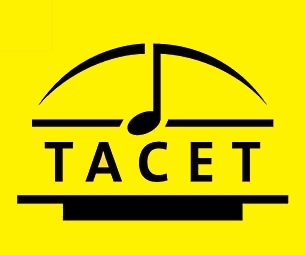The ten-minute-long first movement of the Sextet for pairs of violins, violas and cello is one of those intersections of musical and audiophile gold where each serves to highlight and illuminate the other. Composed in 1848, it is an outpouring of sweet melody and trilling of which both Schubert of the great String Quintet and Richard Strauss of the Last Four Songs would have been proud. Nothing that follows in the 15 minutes of the Sextet is nearly as spectacular as the first movement, although the second half of the Finale generates some wonderful sounds from, but the first movement is worth the price of the disc itself.
The sumptuous performance by Camerata Freden, the festival ensemble of the Freden International Music Festival, was recorded in the Festival venue, a "rustic tithe barn" which sounds like it might be a German counterpart to the famous Snape Maltings in Aldeburgh (home to many legendary Decca recordings), described in the liner notes as "an idyllic rural setting with massive stone walls and imposing roof structure."
The Nonet for violin, viola, cello, double bass, flute, oboe, clarinet, bassoon and French horn (1813), along with Octet Op. 32, is one of the composer′s happiest chamber music creations, and this is one of its best recordings, rivaling the Berlin Philharmonic Octet recording for Philips (unfortunately, no longer unavailable). The Camerata Freden comes through with a virtuoso performance rich in the string and woodwind colors and textures that demonstrate the merits of a high-quality sound system.
The recordings in conventional stereo are absolutely lovely at low volumes and open up spaciously in a most seductive way as the volume rises. Both are a great testament to Tacet′s art.
Laurence Vittes
<< back
